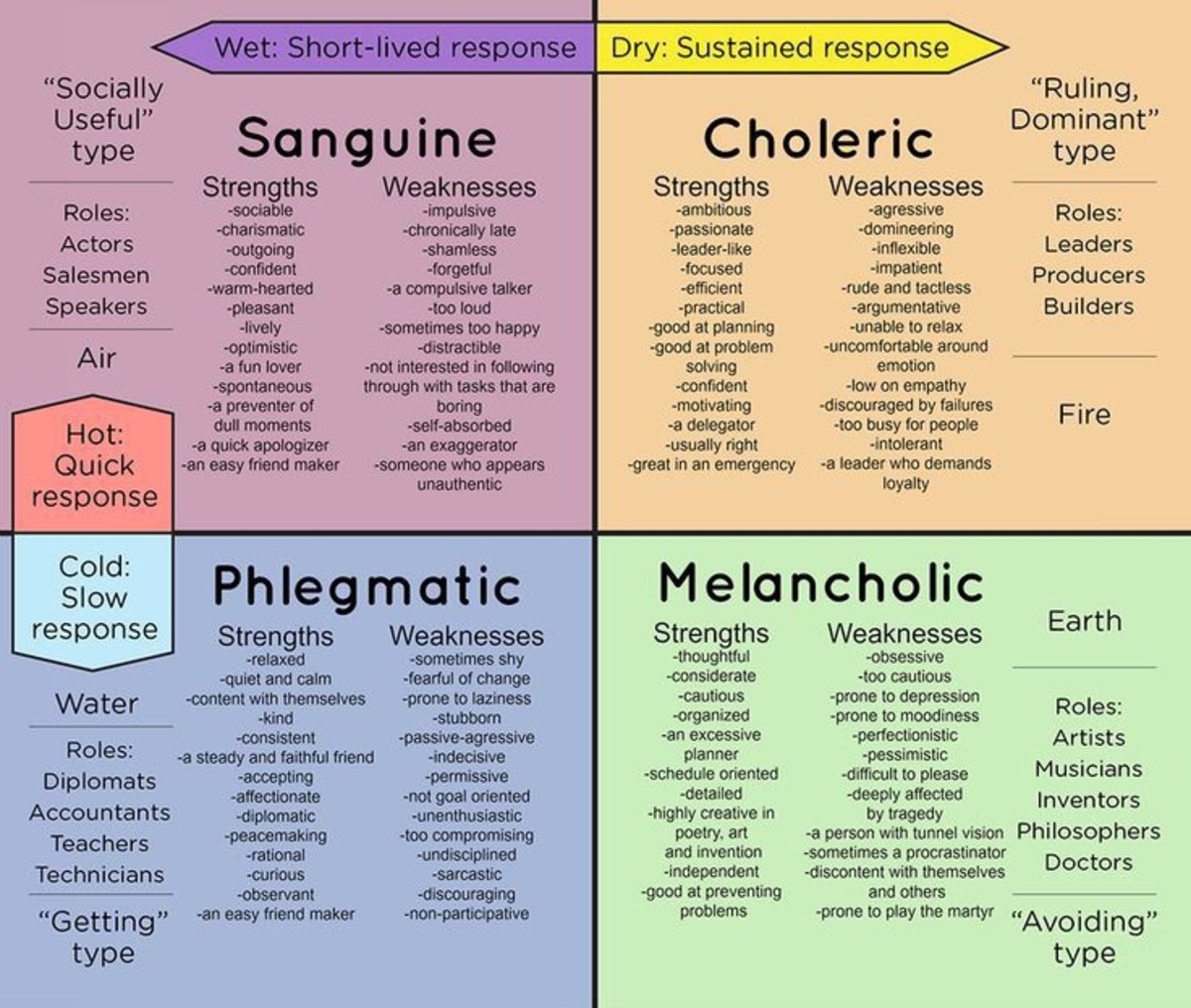Common communication problems in relationships

Relationships have several obstacles, barriers and issues, but most of these problems are made worse by poor communication.
Some problems arise from persons not developing their communication skills. At other times, persons may be unwilling or resistant to communicating with their partners because of ego, pessimism or psychological barriers.
Whatever the reasons for them, communication problems occur too frequently in relationships. This affects the level of attachment or connection that partners feel over time, which can lead to gradual deterioration of the bond.
Misunderstanding
Misunderstandings are common in everyday communication, but the effects of a simple misunderstanding could be far-reaching. The problem with numerous misunderstandings is that they tend to have a cumulative effect.
A high frequency of this communication issue may lead one partner to feel misunderstood and emotionally disconnected. This, in turn, may lead to emotional withdrawal and the affected partner may seek emotional gratification outside of the bond.
Superficial communication
"Small talk" is an essential element of communication, since it allows people to communicate when there isn’t anything fundamental or profound to talk about. However, if you are a person who routinely uses superficial communication to avoid important issues, problems will arise.
A hollow relationship that is low on intimacy is the inevitable consequence of consistently preferring non-issues over real issues that affect the relationship. In addition, relationship communication is sharing – sharing thoughts, feelings, desires and more.

Poor conflict resolution techniques
Sometimes, it is hard to deal with issues that could yield negative feelings and responses. This is so because many persons are not empowered when communicating or simply don’t know how to approach such situations. Such a person would claim that another person “made me feel" a certain way. Poor conflict resolution techniques are enabled by this belief; our feelings might be influenced by others, but we are in charge of our responses. Failure to manage conflict breeds resentment and develops negative emotions.
Invalidation
Sometimes we try to influence how others think and feel. For instance, you may have heard the following:
"You shouldn't feel that way. I did not mean it."
"You got upset because of that?!"
"That's nothing to worry about."
Invalidation is the direct consequence of failure to acknowledge how persons feel and/or an unwillingness (or inability) to understand why they feel a certain way. Validation is important because it makes persons feel loved and understood.
Once you demonstrate that you understand, the other partner would be more willing to open up and might even fairly assess their reactions. Invalidating has a negative effect – leading to emotional ruptures and eventually a serious emotional disconnect.

Negative reciprocity
Reciprocity is great when it is positive. However, negative reciprocity is damaging. When a person feels hurt or upset – he or she may attempt to make the person whom he/she holds responsible hurt or upset as well.
Dr. Gary Smalley calls this negative reciprocity the "fear dance." This is a debilitating and counterproductive spiral into a cycle of negativity that obscures the fears behind the reactions.
To avoid this, Dr. Smalley suggests that we own our emotions and control it to the extent that we can express it in an appropriate, non-accusatory manner. This can be as simple as avoiding the second person singular and using the first person singular – “I.”
Conclusion
Being one with your partner is a fantastic feeling, but it also has attendant responsibilities. A key to improving relationship communication is improving your mastery over yourself – particularly your emotions. None of the above-listed relationship problems are insurmountable. They require a bit of work, but the rewards are definitely worth it.





